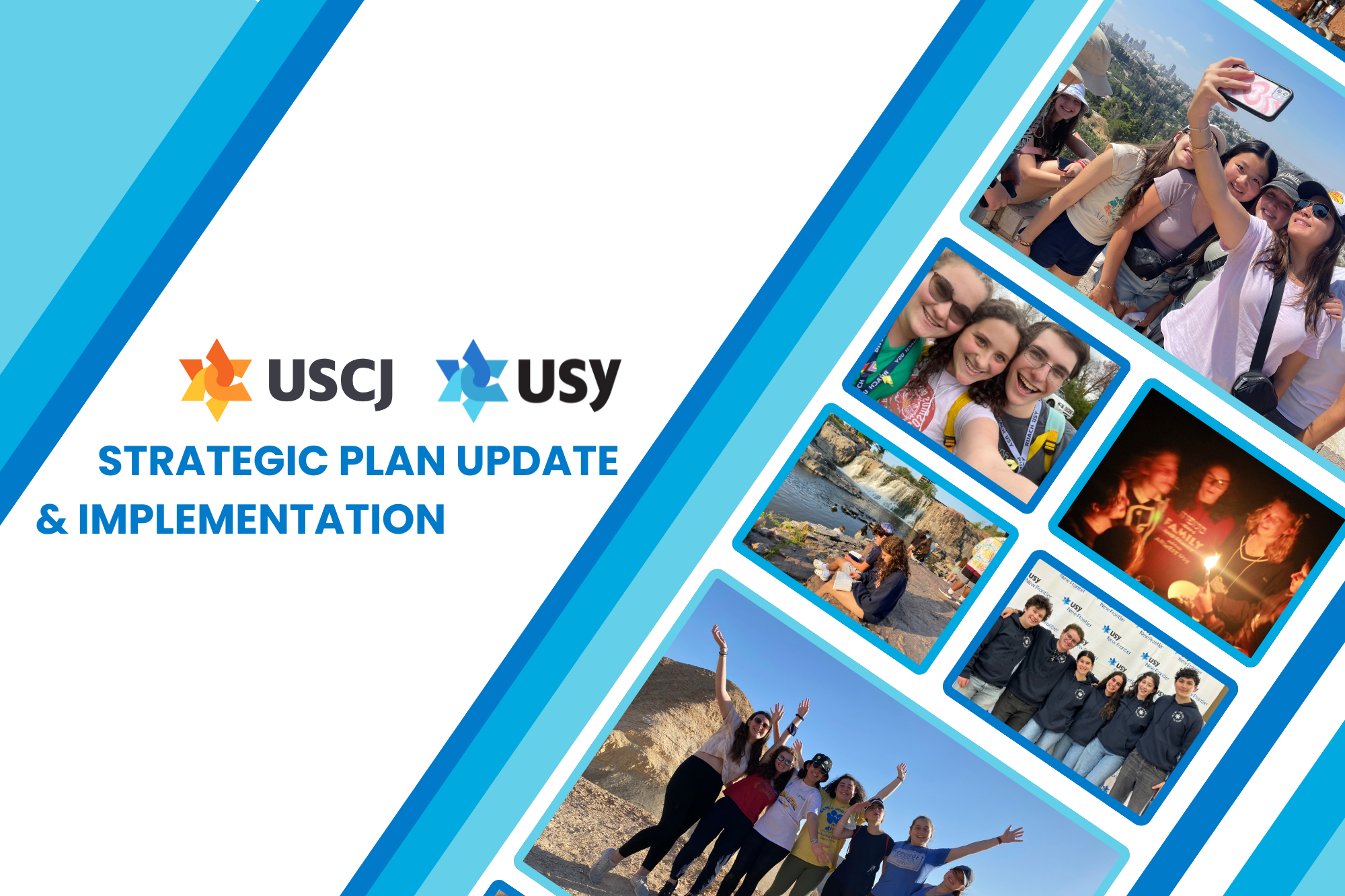
As active members of our synagogues and communities, and as individuals committed to Tikkun Olam, we regularly give Tzedaka. When we give to charities in the United States and they acknowledge receipt of our donation in writing, we get federal, state and local tax deductions that allow us to reduce our annual taxable income. In deciding which organizations we want to receive our donations, perhaps we will search the IRS charities database to make sure that the organization is federally tax exempt or check the state’s charities website to confirm it is exempt (e.g., www.charitiesnys.com) or maybe we’ll look up the organization in a non-profit search engine like Guidestar. Having decided, and made the donation, in order to take our expected deduction, we need and expect to get a receipt acknowledging that our donation is indeed tax deductible. We may assume the synagogue can accept a tax-exempt donation and provide donors with the statement because it has in its file a copy of the “exemption letter” the IRS sent to our organization confirming the United States Internal Revenue Service (the “IRS”) received the organization’s initial “1023 application” and that our organization is tax-exempt under Section 501(c)(3) of the Internal Revenue Code (the “IRC”).
But what happens if
- A synagogue member and can’t find the name of the synagogue in the above databases? Is the synagogue a tax-exempt organization? Are its donations exempt?
or
- The Treasurer a copy of the IRS exempt organization letter that stated it is tax-exempt under Section 501(c)(3)??? What happens if the synagogue never submitted or filed an application for tax exemption? Is it tax-exempt? How can its donors (and donation stream)? Can it provide donors with the donation receipt with the necessary language?
or
- The synagogue is applying for a grant that requires it provide a copy of an IRS recognition letter as evidence it is exempt under Section 501(c)(3) of the Internal Revenue Code, and the letter can’t be found or doesn’t exist?
Synagogues without an IRS exemption letter are Exempt from Federal and State Income Taxes. It is important to remember that the United States has built into many of its laws and codes a separation of church and state. The United States and state governments are not in the business of assessing the worthiness of a synagogue as a tax-exempt organization. If a synagogue wants to understand the IRS’s full position toward houses of worship, it can download IRS Publication 1828, “501(c)(3) Tax Guide for Churches and Religious Organizations, Internal Revenue Service Exempt Organizations Rev. 2015)”.
“Churches [including synagogues] … may be treated as tax-exempt without filing an application.” Without an application in its file, the IRS will not know the organization exists and so it may not be listed in Tax Exempt Organization Search done on the IRS website. Even so, Internal Revenue Code Section 170(b)(1)(A)(i) provides that “[a]ny contribution to … a [synagogue] … or association of [synagogues, like USCJ]… shall [generally] be allowed” as a tax-exempt contribution. IRC Sections 501(a) and (c)(3) provide that unless an organization’s tax exemption application has been specifically denied, an organization described as “organized and operated exclusively for religious … purposes”, such as a USCJ synagogue, is exempt from federal taxation. Indeed, the website of the Internal Revenue Service states “[Synagogues], their integrated auxiliaries, and conventions or associations of [synagogues] are excepted from the exemption application requirement”.
Accordingly, all membership dues paid to, and donations made to, your synagogue are automatically exempt under Section 501(c)(3) of the Internal Revenue Code from the payment of Federal Income Taxes.
As for state income tax purposes, each state has a law that addresses the exemptions of synagogues and religious associations from state income tax obligations. The requirements for accessing the state exemption vary by state and experienced accountants and/or counsel should be consulted to help comply with the state requirements that are applicable to your donation and/or to your synagogue. However, states are also not in the business of assessing the worthiness of your congregation and so almost always an organization that is exempt under federal law will also be exempt under state law. For example, this is true within New York State. If you are concerned about what filings you may need to make within your state, you should contact an attorney who is licensed in your state and regularly represents tax exempt organizations and synagogues.
Donation Acknowledgments. Because your synagogue is exempt under federal and state law from the payment of income taxes, it can, and should, provide members and donors with receipts for their donations that contain the name of the synagogue, the date of the donation, the amount of the donation or if the donation was not made in cash, a description, but not the value, of the non-cash contribution, and a statement to the effect that either:
- that no goods or services were provided by [the synagogue] in return for the contribution, or
- that goods or services that [the synagogue] provided in return for the contribution consisted entirely of intangible religious benefits, or
- a description and good-faith estimate of the value of goods or services other than intangible religious benefits that [the synagogue] provided in return for the contribution.
It may also be desirable for you to add: “Your donation to [the synagogue] is tax-deductible to the full extent of the law. To claim a donation on your taxes, please keep a copy of this donation receipt.”
Tax-Exempt is NOT tax free. The synagogue needs to remember that just because it is exempt from federal and state income tax, as well as potentially sales tax, it is not completely tax free. Income that it receives that is unrelated to its business as a synagogue will not be considered to be tax exempt. Such as if it owns a building and leases space within the building to the general public. That will generally be called “unrelated business income” or “UBI”. It is advisable that the congregation works with its auditors and counsel to determine if it has any UBI. If it does, it will need to pay federal income taxes on its UBI by filing a form 990-T every year it has such income. It will probably have to file and pay state taxes as well using the applicable state form.
With respect to any real estate holdings it may have that it uses for its religious purpose, it will generally qualify for an exemption from local real estate taxes, but it usually must first file with its local authorities an application for exemption from such taxes and demonstrate the real estate parcel is used for religious purposes. If it does not do so, or if the property is not used for religious purposes (let’s say it is used for investment purposes that generate UBI), the synagogue will remain tax-exempt but its property may not be. Accordingly, it may have to file for and pay real estate taxes on a building it owns that it rents out to tenants.
In addition, synagogues will still have to pay the various applicable employment taxes, such as FICA and unemployment. Accordingly, it is important that the synagogue can find independent advisors who are capable of fully understanding the organization’s operations and properly advising it of its tax obligations.
In the June 4th Leadership Matters, I will discuss what happens if the synagogue is still considering filing a formal application to the IRS (known as a 1023 application) for recognition of its tax exempt status.
This article provides general information about its topic. It is not intended to provide – and must not relied upon as – legal advice to anyone for any purpose. Should you require advice on this topic or on any other legal matter, you should engage an attorney licensed in the state where you are located and establish an attorney-client relationship.
Susan F. Zinder is an attorney licensed to practice exclusively within New York State who focuses her practice on the representation of non-profit entities and healthcare providers. Special thanks to William Skody, C.P.A. of the NY- based accounting firm Skody Scot & Company, CPAs, P.C.for his generous assistance with this article.








